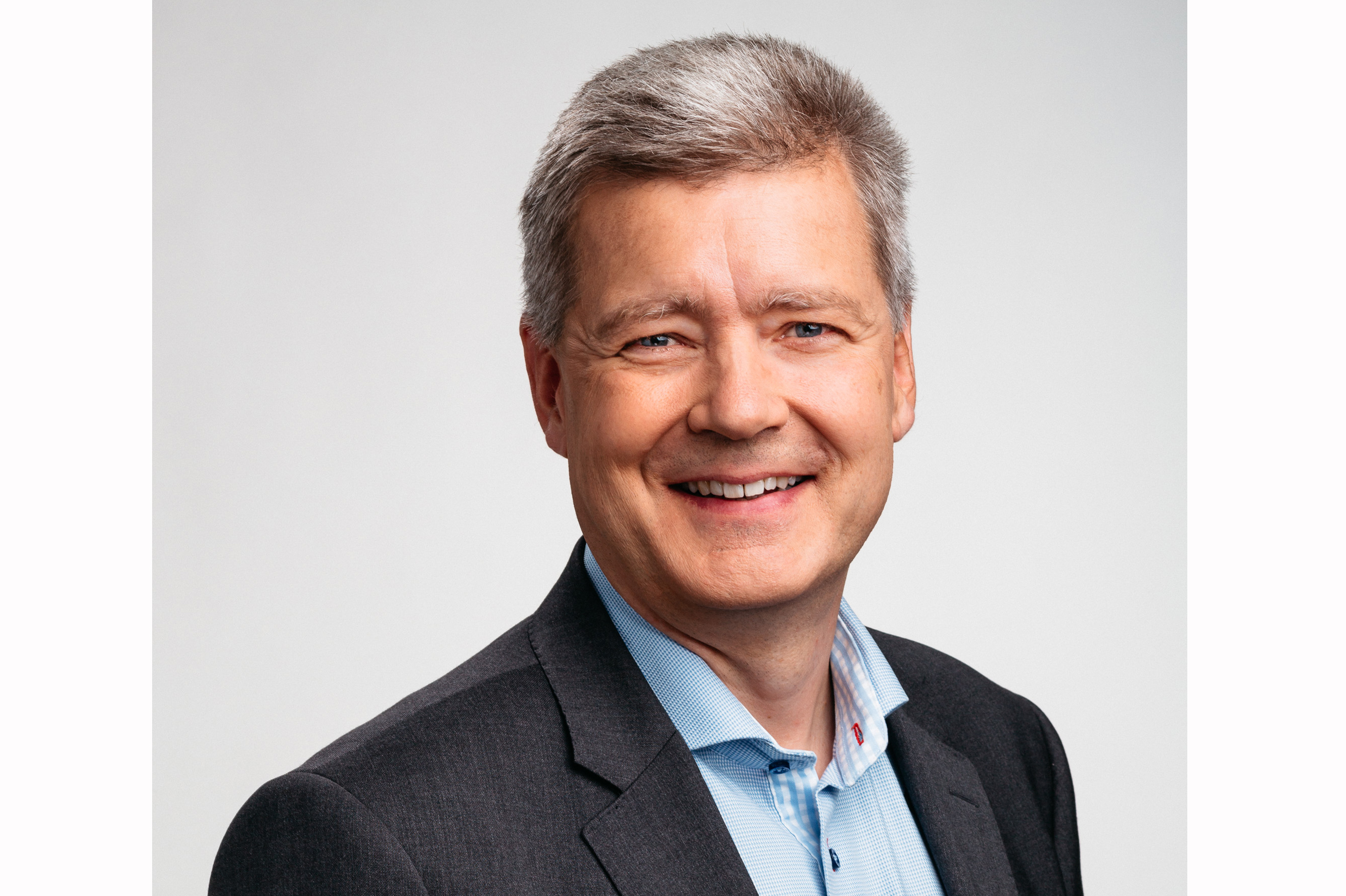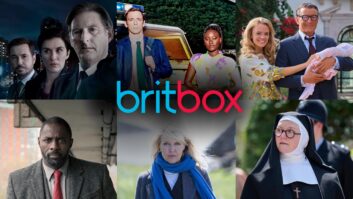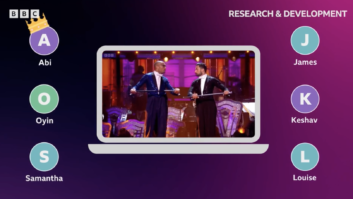
Seven director generals of Nordic public service media companies have lavished praise on the BBC and warned that “Diminishing the BBC at home risks diminishing Britain abroad.” In a letter to the Guardian, senior figures from companies including Finland’s YLE and Norway’s NRK described the BBC as “the mother of all public service broadcasting” and “a point of reference for all public media companies in Europe and elsewhere.” As such, the seven director generals expressed hope that “the BBC will be able to continue to play this valuable role.”
The letter comes in response to the UK government’s plans for the BBC, including a review into how the Corporation is funded and managed. As part of a recent Charter renewal, the BBC was forced to take on the cost of funding free TV licenses for over 75s, at a cost of £700 million.
In the letter, signatories Maria Rørbye Rønn, director general, DR, Denmark; Thor Gjermund Eriksen, director general, NRK, Norway; Magnús Geir Þórðarson, director general, RÚV, Iceland; Cilla Benkö, director general, SR, Sweden; Hanna Stjärne, director general, SVT, Sweden; Christel Tholse Willers, director general, UR, Sweden; and Lauri Kivinen (pictured), director general, YLE, Finland, wrote:
‘The idea of public service broadcasting was born in Britain. Free from political and commercial interests, its main pillar is independence and the idea of putting citizens first. Like the BBC in Britain, we Nordic public service broadcasters rank among the most trusted media companies in our own countries, thanks to our independence. The BBC’s independence comes from its institutional history and culture as well as its regulatory structure, including how remit and funding decisions are made. Changes to the system should serve to strengthen the independence of the broadcaster, not weaken it. This is especially important in the case of the UK, as the British model is often viewed as a model for how the media should be organised in new democracies.’
The letter concludes:
‘A clear mission with scale and scope, a regulatory and funding system that guarantees independence and the freedom to evolve and respond to the changing needs of its audiences and of society as a whole have been cornerstones of the BBC’s success. It is of course up to the British public to decide what kind of BBC you want to have in the future. But when you make your decision, we hope you will take into account the BBC’s international role. It is something to be proud of. The quality of the BBC inspires us all to do better, to better serve the needs of our democratic societies.’







